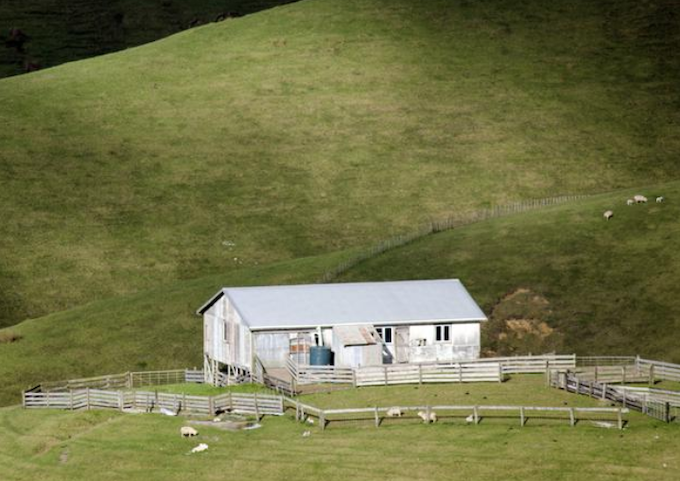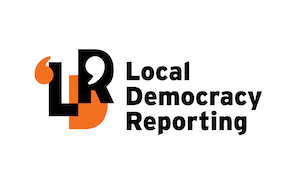
By Moana Ellis, Local Democracy Reporting journalist
A New Zealand iwi development and social services leader in Taihape is urging rural people to prepare urgently for self-isolation or infection as the threat of omicron looms.
Mōkai Pātea Services general manager Tracey Hiroa, who is also a Rangitīkei District councillor, says country people think of themselves as self-sufficient but must make plans for extended periods of isolation or sickness.
She said people must connect now with family, friends and neighbours to put practical measures in place for a worst-case scenario.

“We’ve been very, very lucky in this region so far, but it’s just a matter of time,” Hiroa said.
“Probably one of the key things that people need is their own whānau plan. Be prepared as opposed to sitting back and thinking, ‘oh no, that’s not going to happen to me’.
“Preparation really is the biggest thing. If you’re self-isolating, if you are diagnosed with [covid-19], think about things that in theory are going to be able to keep you going.
“If you’ve got animals, have you sorted out anything to make sure that they’ve got food? Make sure you’ve got kai to last you over that two-week period. Make sure you’ve got a chilly bin or something like that — with a lid — that can be left out by the front gate that kai or anything else is able to be put in, so that you’re not in contact with people.”
Two weeks of supplies
Hiroa said people should get in two weeks of supplies and items such as torches and batteries or candles, as well as sanitiser, masks and medicines for fever, congestion, muscular pain and sore throats or coughs.
And she said it is vital for people to make sure they have support at hand if needed.
“Making sure that you’ve got those relationships already in place if something was to happen. Have you made the connections out with your whānau to say here’s some of the things outside of the home that I need you to be picking up on.
“It might mean you’ll need somebody to go and feed out your cattle. Go and meet your neighbours so that if something happens you’ve got somebody to call on.”
Local Democracy Reporting is a public interest news service supported by Asia Pacific Report, RNZ, the News Publishers’ Association and NZ On Air.












































